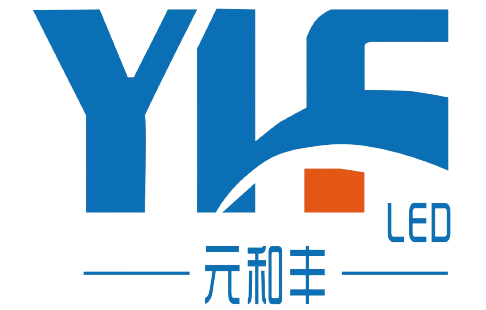The Rise of Energy-Saving LEDs
The rapid advancement of technology in recent years has led to the development of energy-saving light-emitting diodes (LEDs). With their superior energy efficiency and longer lifespan, LEDs have gradually replaced traditional incandescent and fluorescent lighting sources in various applications. However, there are still challenges to overcome to further enhance the performance of LEDs. One significant barrier is the efficiency of heat dissipation, which affects both the lifespan and brightness of LED lighting systems.
The Limitation of Heat Dissipation
As LEDs convert electrical energy into light, a significant amount of heat is generated. The accumulation of heat directly impacts the LED's performance, resulting in reduced brightness and a shorter lifespan. Therefore, effective heat dissipation is crucial for the optimal functioning of LED lighting systems.
The Breakthrough: Aluminum Screen Technology
Innovation in aluminum screen technology has emerged as a game-changer in addressing the heat dissipation challenge for LEDs. This groundbreaking technology incorporates ultra-thin aluminum screens into LED fixtures, enabling efficient thermal management by dissipating heat quickly and effectively. The aluminum screens, featuring a high thermal conductivity, efficiently transfer heat away from the LED diodes, thus preventing excessive temperature rises that could damage the LEDs.
Advantages of Aluminum Screen Technology
By utilizing aluminum screen technology, LED lighting systems can achieve significant improvements in performance and energy efficiency. The key advantages include:
1. Enhanced Lifespan: Effective heat dissipation through aluminum screens helps reduce temperature stress on LEDs, prolonging their lifespan and minimizing the need for frequent replacements.
2. Improved Brightness: The efficient removal of heat allows LEDs to maintain optimal operating temperatures, ensuring consistent brightness levels over their extended lifespan.
3. Energy Efficiency: By preventing excess heat accumulation, aluminum screens contribute to higher energy efficiency, resulting in reduced power consumption and lower operating costs.
4. Sustainable Lighting: As aluminum is a highly recyclable material, the adoption of aluminum screens aligns with sustainable practices, supporting the transition towards eco-friendly lighting solutions.
5. Versatility in Design: Aluminum screens offer flexibility in design, allowing for unique and aesthetic LED lighting fixtures that can be seamlessly integrated into various indoor and outdoor environments.
Application of Aluminum Screen Technology
The utilization of aluminum screen technology is not limited to LED lighting systems alone. It has found applications in various industries, including architectural lighting, automotive lighting, and display technologies. The versatility and efficiency of aluminum screens make them suitable for diverse applications, enabling further advancements in the field of energy-saving lighting solutions.
In conclusion, the innovative aluminum screen technology has revolutionized the energy-saving LED industry. By addressing the heat dissipation challenge, this technology significantly improves the lifespan, brightness, and energy efficiency of LED lighting systems. With its sustainable and versatile design, aluminum screen technology offers immense potential in shaping the future of energy-saving lighting solutions across various industries.
